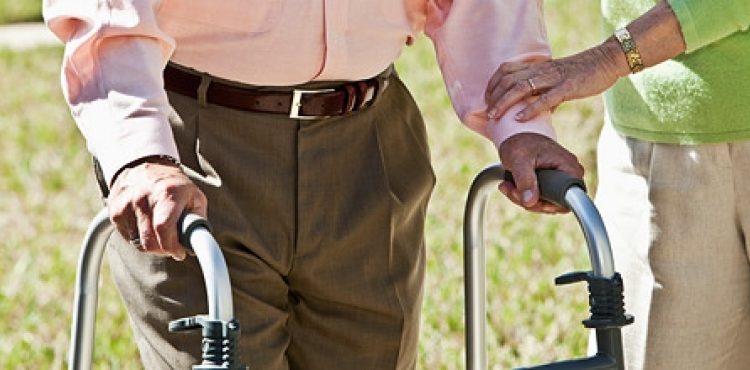
World's largest home based stroke rehabilitation trial shows family rehabilitation is ineffective
What was the health problem?
Providing stroke rehabilitation services in India is a challenge with approximate 35 stroke units for an estimated 1.6 million people having stroke each year in India with 500,000 of them being disabled due to lack of rehabilitation services. Stroke is a devastating and costly event which is due to a block or break in blood vessels of brain damaging the part or its abilities to control the body functions. Stroke needs immediate medical assistance and its incidence and prevalence is increasing globally with a significant burden on low middle income countries without proper infrastructure and manpower to manage stroke patients. Majority of people are unaware of stroke, one of the reasons, treatment is not given on time.
How did The George Institute get involved?
ATTEND Collaborative group, which is an international collaboration formed by senior researchers collaborating from Australia, United Kingdom and India during the World Stroke Congress in 2010 developed family-led stroke care for India and piloted the study in 2012 by funding from George Institute Cardiovascular Disease Program grant. This resulted in conducting the ATTEND Trial, one of the world largest home based stroke rehabilitation trial done in India with funding from National Health and Medical Research Council (NHMRC) Australia.
How did we address the problem?
ATTEND Trial was a multicentre, randomized, blinded outcome assessor, controlled trial, assessing whether a family - led care giver - delivered home-based rehabilitation intervention versus usual care is an effective, affordable early supported discharges strategy for those with disabling stroke in India. The trial enrolled 1250 stroke patients across 14 hospital sites and undertook a process evaluation to understand the trial implementation, intervention delivery and to understand the participant’s perspective (patients, carer’s and providers) of the family-led rehabilitation intervention. The trial was completed in August 2016 and study results were presented at World Stroke Congress 2016, in Hyderabad. A dissemination workshop was organized in New Delhi to engage with key stakeholders including government.
What was the result?
Sadly, the trial results showed not much difference between the intervention and control arm as shown below:
- The intervention was found to be safe with a small reduction (12%) in death compared to control arm (14%).
- There was similar level of disability observed in intervention (33%) and control arm (34%) patients.
- No difference in rehospitalisation between intervention and control group. (14-13%)
The trial concluded task shifting as an unattractive solution for health-care sustainability, with no further investment in new stroke rehabilitation services that shift tasks to family caregivers, unless new evidence emerges. Hence more investment should be done in establishment of sophisticated stroke units and multidisciplinary rehabilitation centres.
Who else was involved?
The study was co-ordinated by the George Institute for Global Health India in collaboration with Christian Medical College, Ludhiana and a network of 14 medical centres across the country.
What does the future hold?
Some of the good ideas in medicine have not been effective (or unsafe) when tested appropriately.
Mohammed Alim, Research Fellow at our Research division, who did a systematic review on Task Shifting for NCD’s in low middle income countries and was responsible for overall management of ATTEND Trial , said:
"Task shifting which is potentially effective and affordable strategy for improving access to healthcare for NCD’s failed to show its effectiveness in terms of stroke rehabilitation by shifting the task to family members. The ATTEND Trial did not show task shifting as best solution for stroke rehabilitation."
This suggests following measures:
- Joint research on stroke through the Indian stroke trials network.
- Building the capacity of researchers to do joint research on stroke
- Lobbying for more professional stroke units in hospitals


